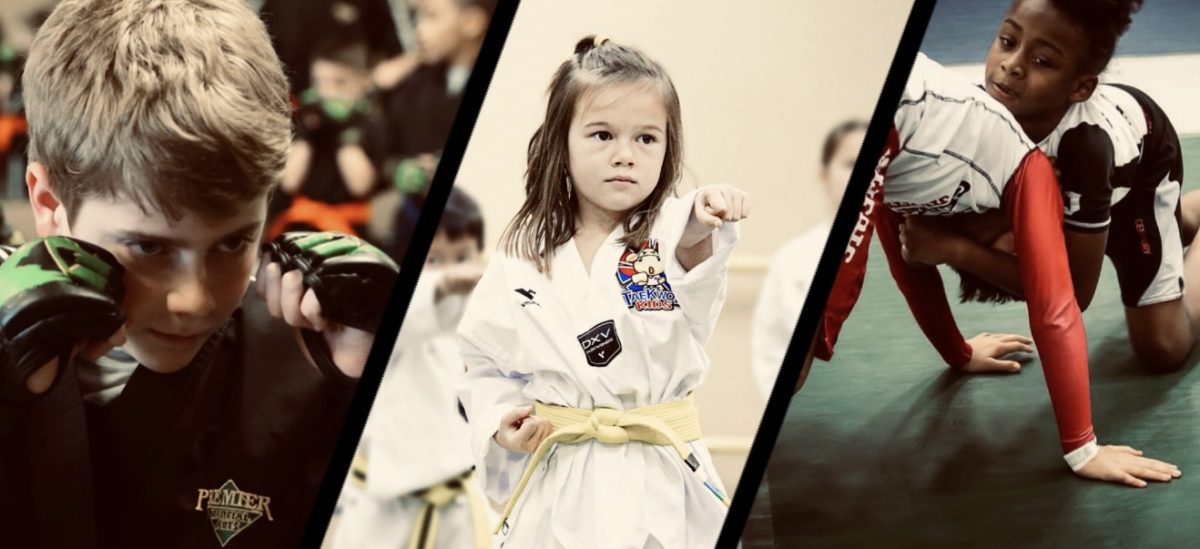Martial arts is an incredibly popular craft from across the world. Many people found ways to benefit themselves from this art, using it as a form of exercise, entertainment and expression, However, in recent years, many argued that martial arts shouldn’t be introduced to the younger crowd, as it isn’t beneficial for their childhood. Can children benefit from martial arts, or should it be kept away from them for their own good?
Despite recent beliefs, there are actually a multitude of reasons that apply to the benefits of martial arts, especially when it comes to the participation of younger children.
Martial arts is a great way to incorporate proper exercise routines to kids. With an increasing rate of childhood obesity in America, physical exercise is very important to children, and a great way to introduce it is through martial arts. In a study conducted within the Lviv State University of Physical Culture, children between the ages of 5-6 years old underwent a one-year karate program to test how both the physical and mental challenges would change the children. Results showed that the program significantly increased the childrens’ physical prowess, and decreased their fatigue compared to other experimental exercise programs included in the study. Another example is seen from The Korean Journal of Physiology and Pharmacology. In this experiment, 55 boys who were at the age of 8 enlisted to participate in a 16-week Taekwondo program, with their progress being tracked regularly. After the 16 weeks had ended, it concluded that out of the 55 participants, 44 of them completed the program. It found that those who had completed the program recognized an increase in their maximum strength, as well as coordinated balance.
Participation in martial arts is also great for children socially. Martial arts can provide strong mental teachings for kids, giving them a stronger sense of self and belonging. Links between socio-psychological responses and involvement in martial arts show positive improvements in children. SageJournals ran a study on the effect martial arts has on juvenile delinquency. They found that people who participated in traditional Taekwondo that taught moral values saw incredible improvement in their physiological state, experiencing decreases in aggressiveness and anxiety accompanied by an increase in self-esteem and social adroitness.
However, there are plenty of criticisms towards teaching martial arts to youth, with one of the biggest arguments being that it not only teaches but encourages violence to children. It is easy to believe this claim, as there is evidence that could back it up. In the previously mentioned study by SageJournals, it was stated that juveniles who were taught moral values within the martial arts were shown to have improved their morality. However, the study also examines juveniles who partook in martial arts but weren’t taught any moral values. In this separate test, those who weren’t taught any principles of Taekwondo showed an even larger increase in aggression, further adding to their tendency toward delinquency. It is understandable to think that martial arts has a direct relationship with violence; however, when taught the proper ethics in the art, it can provide improvement within the student.
Martial arts provide much more than just simple exercise and self-defense techniques, they can help teach kids disciplines that they can incorporate into their everyday lifestyle. Due to the values taught by practitioners and the community it provides towards students, children present the ability to learn how to live a disciplined lifestyle, applying many skills they learned through training to the real world.









